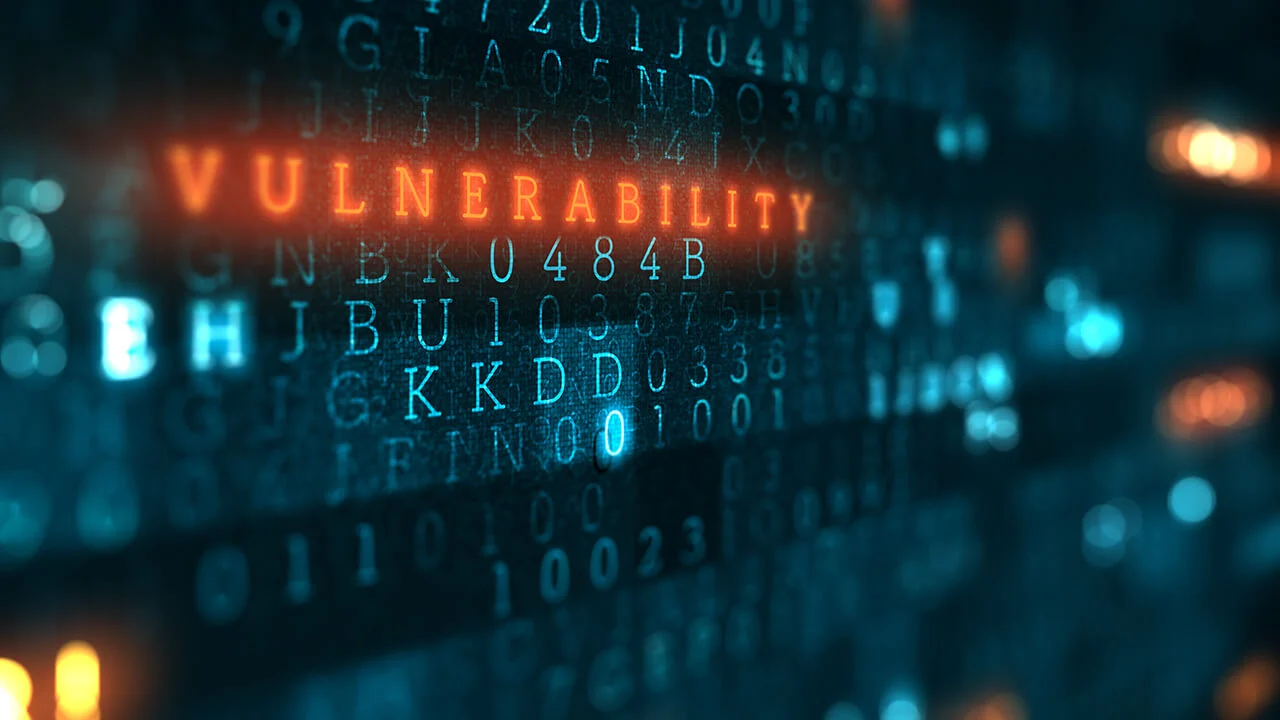JIS Q 27001 Information Security Management Testing
The JIS Q 27001 standard is a Japanese equivalent to ISO/IEC 27001, which provides the requirements for an information security management system (ISMS). This service focuses on testing and assessing compliance with these standards in military settings. The ISMS ensures that all aspects of information security are managed effectively, protecting sensitive data from unauthorized access or disclosure.
For quality managers and compliance officers in the military sector, adhering to JIS Q 27001 is crucial for maintaining secure communication channels and safeguarding critical information. This service supports R&D engineers by providing detailed insights into potential vulnerabilities within existing systems. Procurement teams benefit from this testing as it helps identify suppliers who meet stringent security standards.
The implementation of JIS Q 27001 involves multiple stages, including establishing the ISMS policy, implementing measures to protect information assets, and continuously monitoring performance against set objectives. Our team ensures that every aspect of your organization’s information security is rigorously evaluated according to these stringent guidelines.
Our testing methodology follows best practices outlined in JIS Q 27001, ensuring comprehensive coverage across all relevant domains such as access control, data encryption, and incident response planning. By leveraging advanced tools and techniques, we can identify weaknesses early on and recommend actionable improvements to strengthen your defense capabilities.
A key component of our service is conducting thorough audits to verify compliance with JIS Q 27001 requirements. These audits involve reviewing documentation, interviewing personnel responsible for information security, and performing practical tests to ensure that controls are functioning correctly. Our experienced professionals also provide training sessions aimed at enhancing staff awareness about information security best practices.
Another important aspect of our service is providing guidance on how to integrate JIS Q 27001 into your existing processes seamlessly. We understand the unique challenges faced by military organizations when implementing new standards, so we offer customized solutions tailored specifically for your needs. Our goal is not only to meet regulatory requirements but also to enhance overall operational efficiency and resilience.
In summary, our JIS Q 27001 Information Security Management Testing service offers a holistic approach that addresses all facets of information security within the military context. By partnering with us, you gain access to expert knowledge, cutting-edge technologies, and proven methodologies designed specifically for this challenging environment.
Industry Applications
- Military Command Centers
- National Defense Facilities
- Critical Infrastructure Protection Units
- Intelligence Agencies
Why It Matters
Information security is paramount in the military sector due to the sensitive nature of operational data and communications. A breach could lead to significant strategic disadvantages or even national security threats. Compliance with JIS Q 27001 demonstrates a commitment to protecting confidential information against unauthorized access, disclosure, modification, or destruction.
Our testing helps organizations identify areas where they may be vulnerable so that corrective actions can be taken promptly. This proactive approach ensures continued trust among allies and partners while fostering internal confidence in the integrity of systems used by personnel at all levels.
The benefits extend beyond mere compliance; they contribute to enhancing organizational reputation, reducing risk exposure, and improving operational effectiveness through improved cybersecurity posture. Ultimately, this strengthens national defense capabilities by ensuring that critical information remains secure under all circumstances.
Environmental and Sustainability Contributions
- Reduces the likelihood of data breaches leading to unnecessary waste generation.
- Promotes efficient use of resources by minimizing downtime due to security incidents.
- Encourages sustainable practices through regular audits and continuous improvement initiatives.





